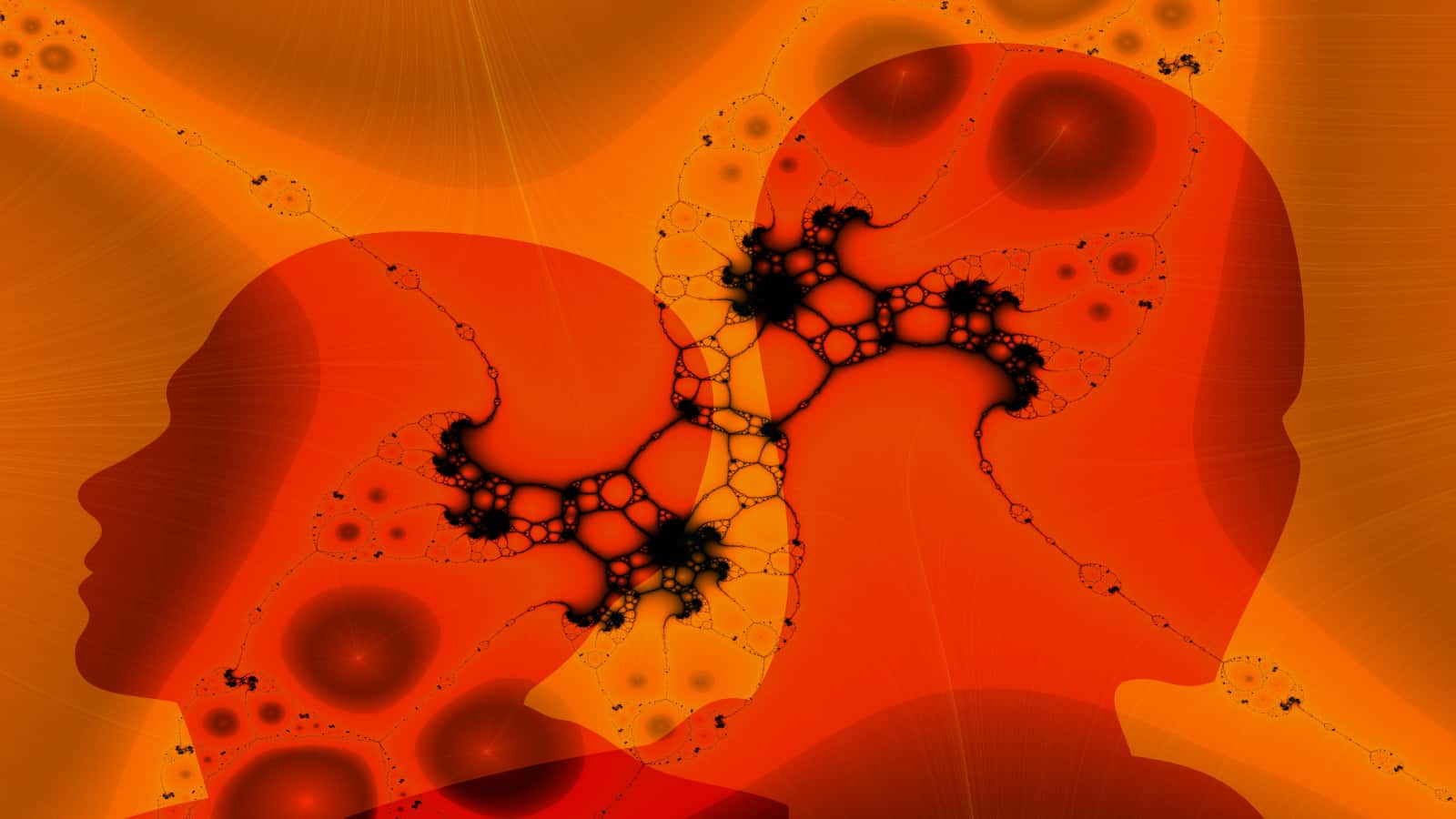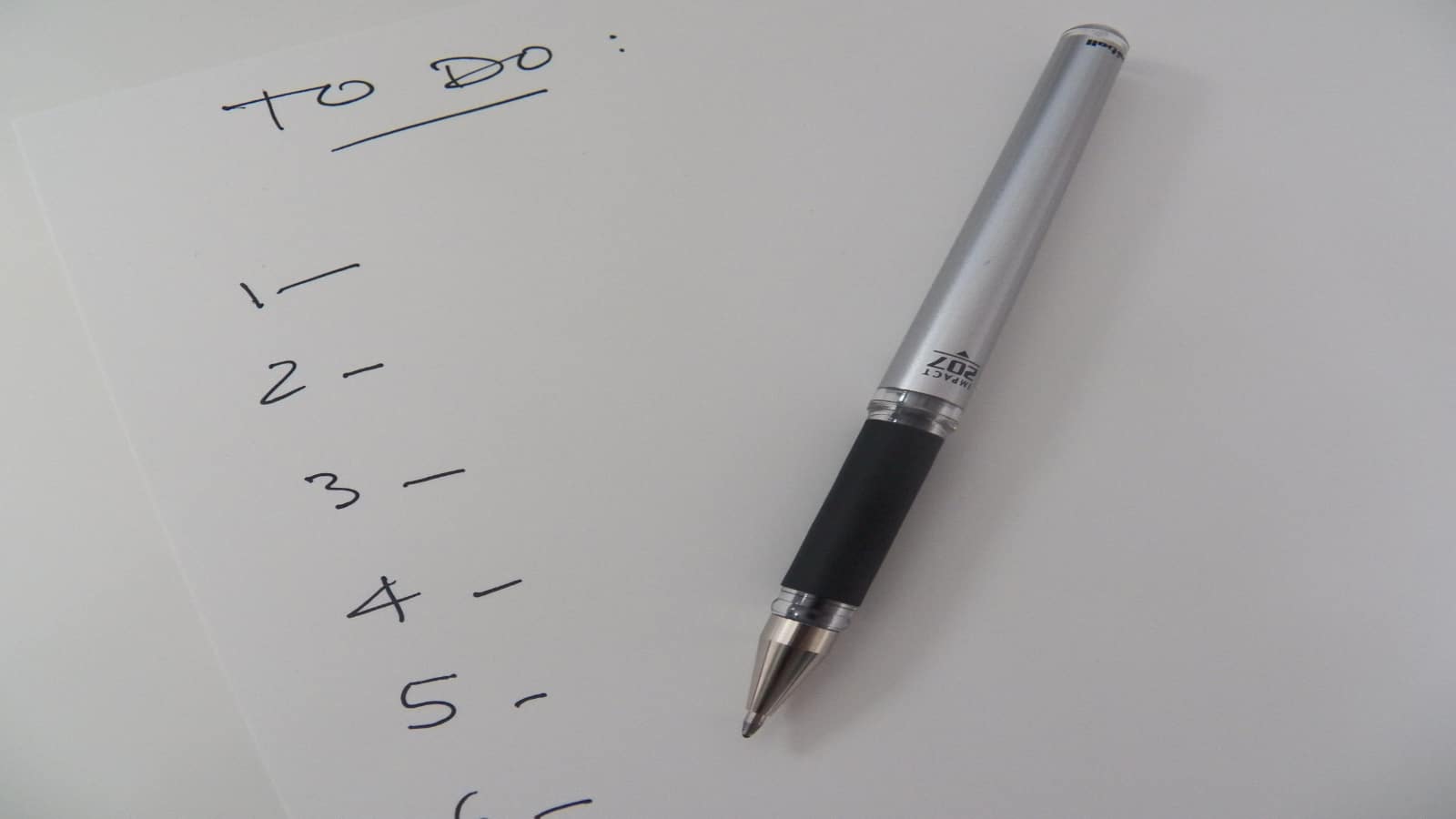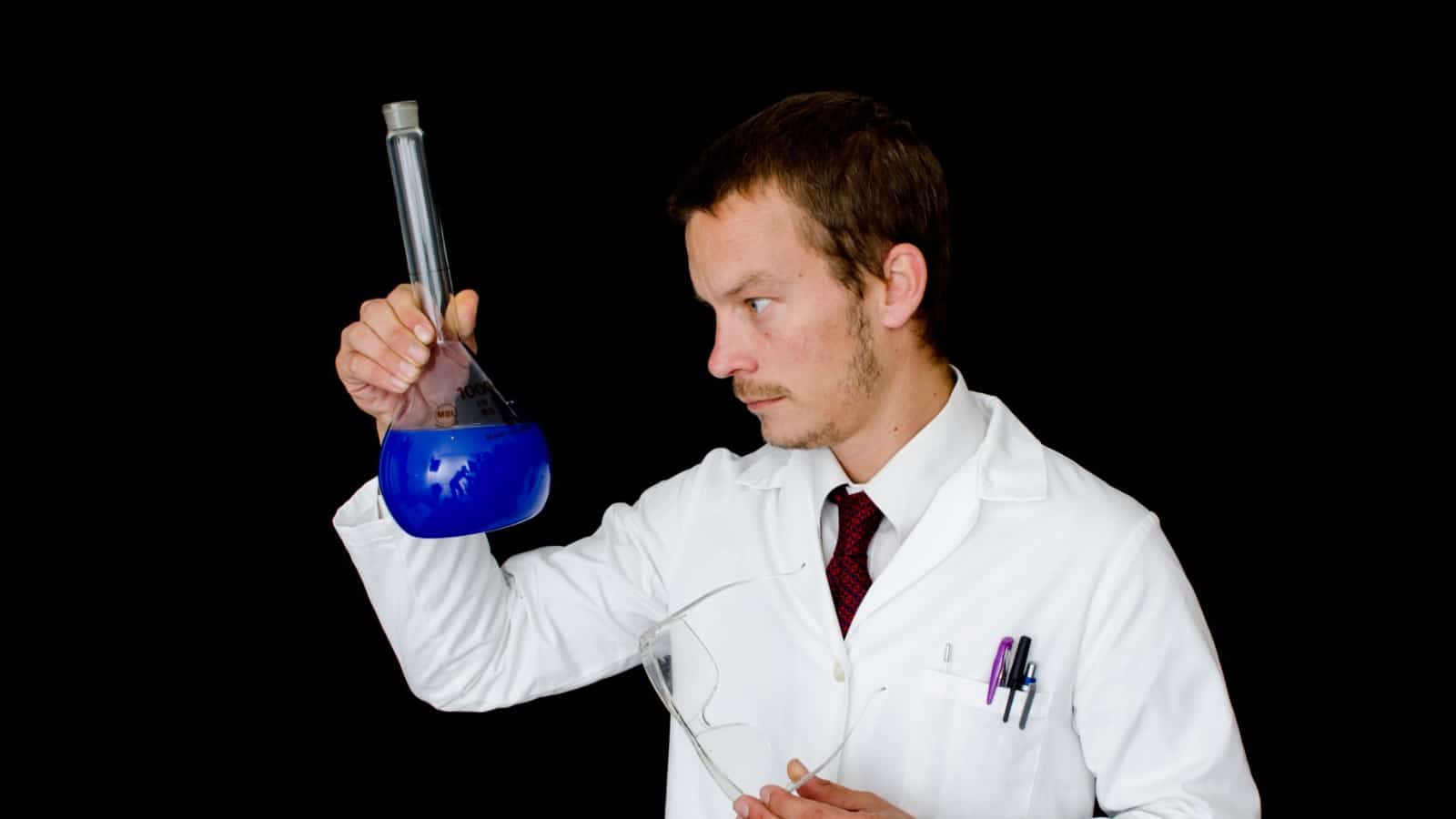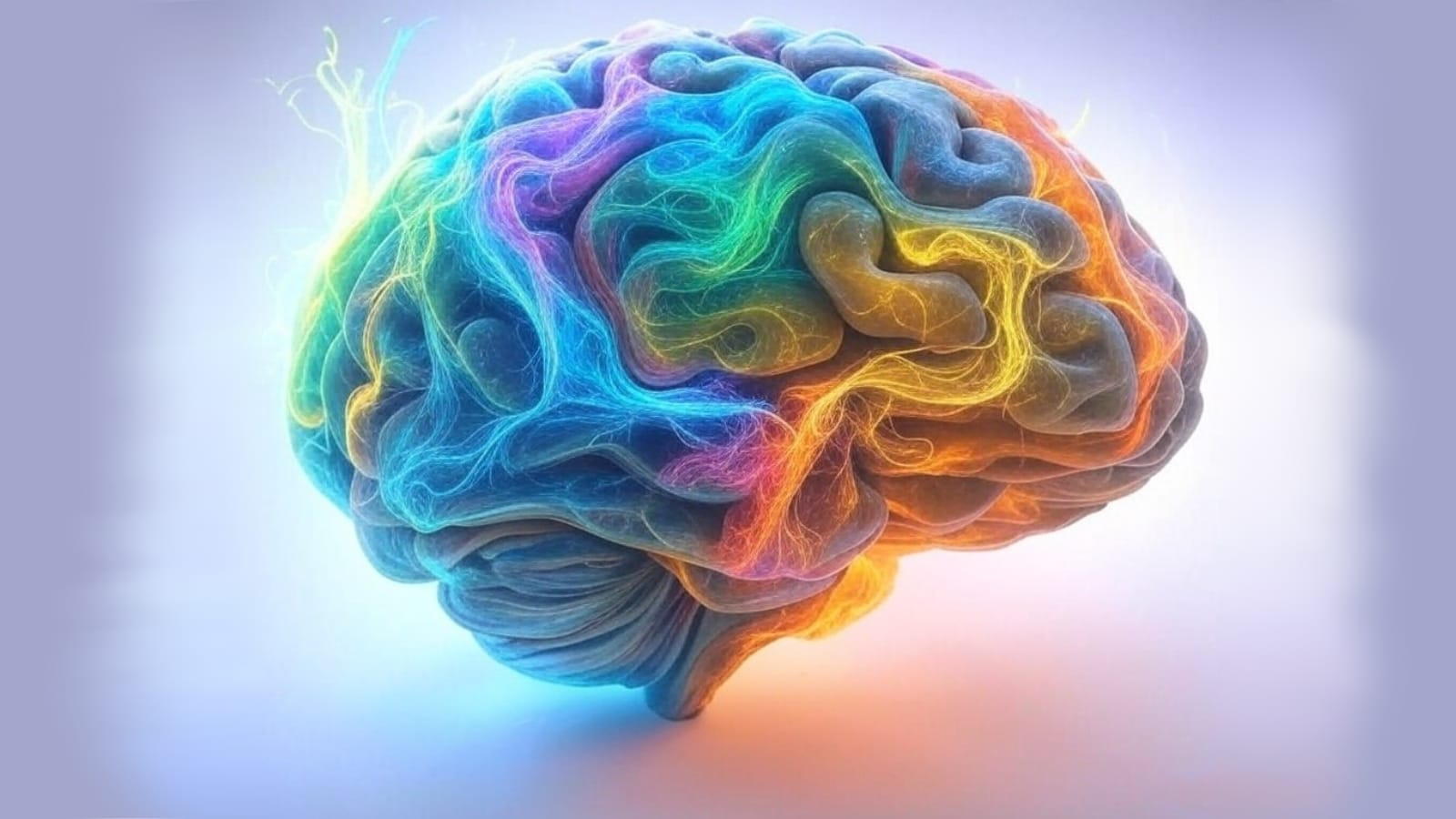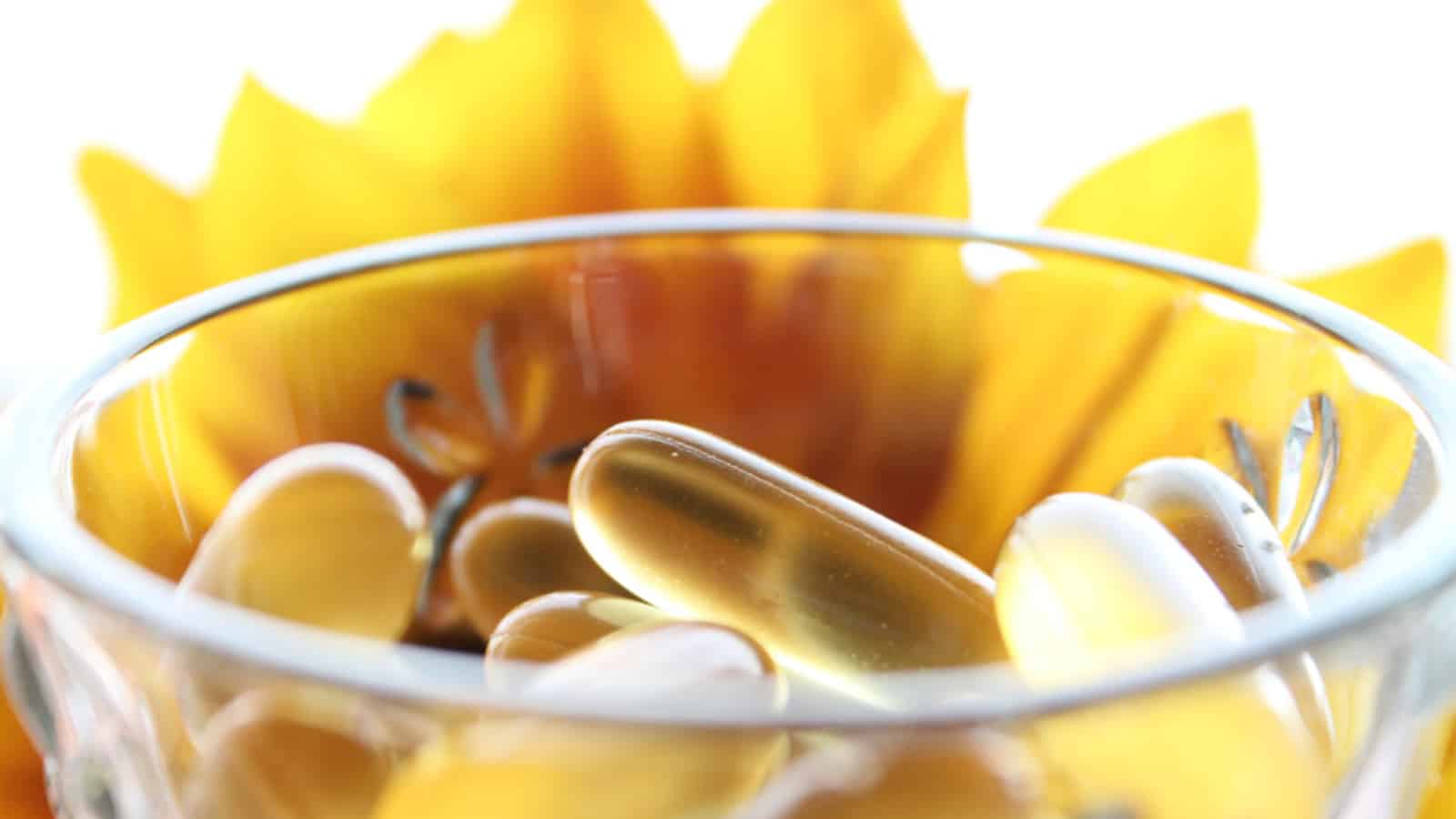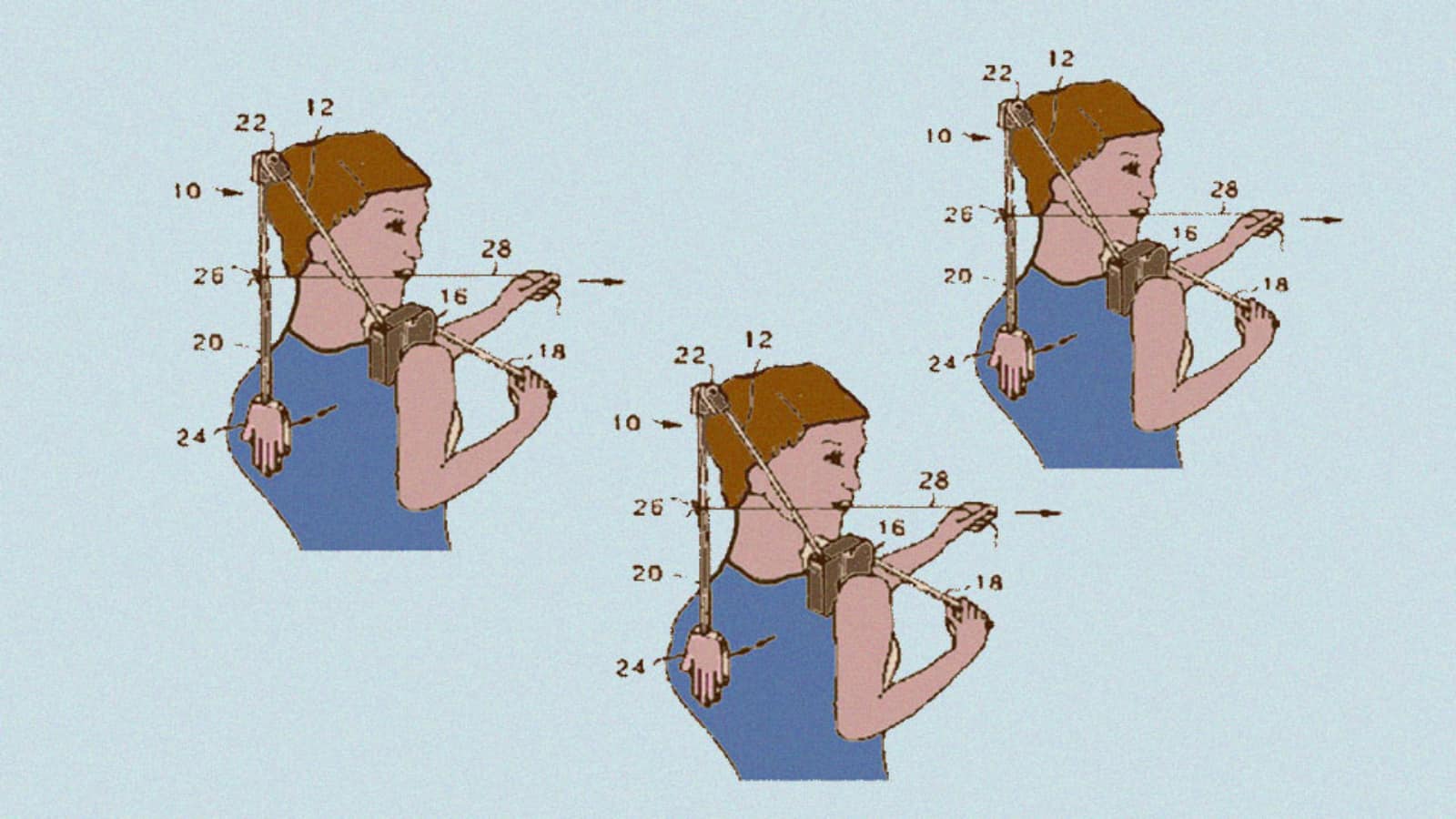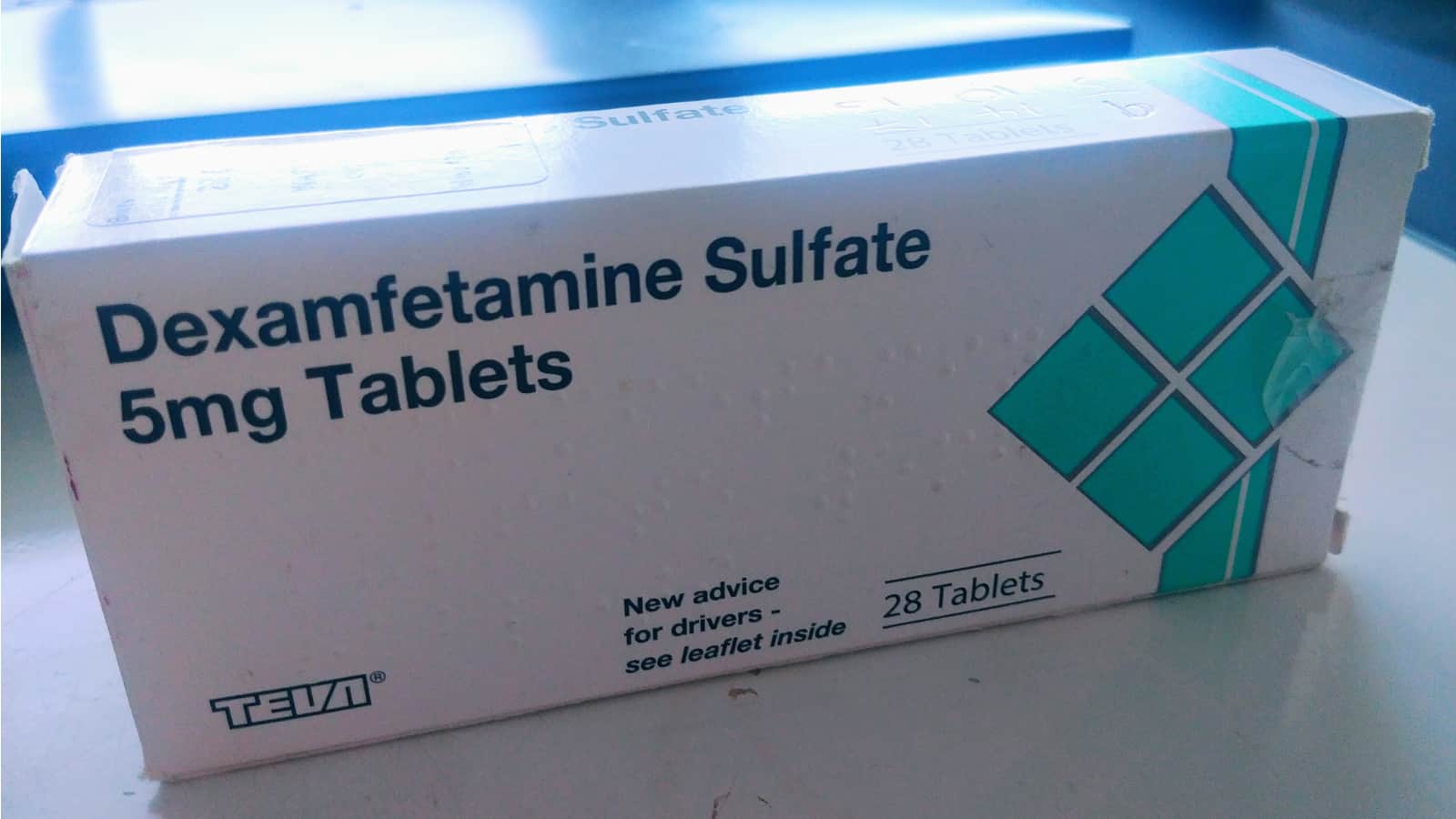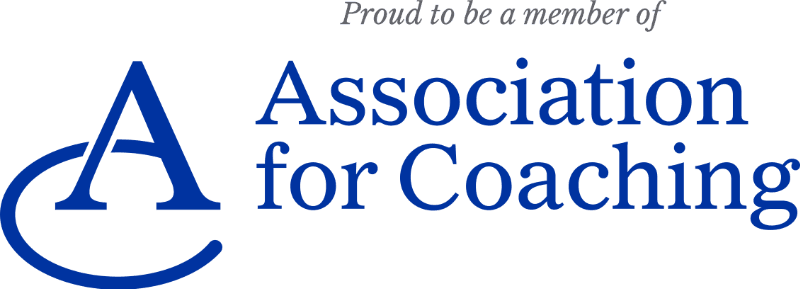What natural remedies are there for ADD/ADHD?
Are there natural remedies for ADHD that don’t involve using stimulants. The answer is a clear yes, but the details are complex. It is very clear that paying attention to your health can profoundly affect the functioning of your ADHD brain.
How can you help your brain to improve memory and focus, increase drive and mood and reduce anxiety? It’s mainly by eating a healthy diet. Firstly though caring for your brain with the right sleep, avoiding toxins, exercising and handling stress. Secondly, it’s about feeding it with the right, highly nutritious foods, keeping the gut microbiome healthy and about optimizing your brain with any missing nutrients.
Taking care of your brain
Some basic elements:
Food allergies and intolerances
Primary culprits are wheat, dairy, and eggs, tests range from £400-£600 for comprehensive testing. I discovered my wheat allergy this way and it has made a great difference eliminating wheat from my diet, I miss baguettes and croissants but it’s not so hard to do, with plenty of wheat-free pasta and rice products in the supermarkets.
Deficiencies.
It’s worth considering too that we do not all absorb and metabolize the nutrients from our food efficiently if there are gut problems like Irritable Bowel Disease or Chron’s Disease.
Some studies have shown that ADHD children may have reduced levels of key minerals such as iron, zinc and magnesium and omega oils. Much as we may strive to eat a healthy, varied diet it may be hard to get everything you need from food. I think taking a multi-mineral and vitamin supplement makes sense, as well as vitamin D and omega oil.
Avoid toxins
White floor close to sugar in calories and zero nutrient value but wheat is implicated in many gut and mood disorders. Not everyone has a problem at all but if you suspect, try eliminating the food for a while, a couple of weeks if possible and see what happens. You may find a strong adverse reaction if you return to the food after an absence too.
Sleep well
Its not easy with ADHD but worth persevering with as lack of sleep worsens focus, motivation, energy, mood and seriously affects health.
Exercise
However, you can! Find a way to stand, move, walk, run, whatever. Movement and fitness help the brain regulate its neuro-chemicals.
Feeding your brain
Make sure your grey matter receives the right nutrients.
Healthy diet
Eat a highly varied diet, no processed food, predominantly plant with a little quality oily fish and grass fed meat. olive and coconut oil. Read my ten steps to a healthy ADHD diet.
Vitamins
Our modern diet is seriously deficient in many vitamins and minerals, as intensive farming has severely reduced these nutrients. Our fields have been depleted of many minerals and fertilisers merely replace nitrogen and a few minerals only. Forced rapid growth of vegetables and fruits then early picking before ripening means they often do not have a chance to develop essential vitamins and enzymes. Best is organic, with higher mineral loads and better phytonutrients. Star vitamin is actually a hormone Vitamin D, read more here.. Take a multi-vitamin but often healthy doses are higher than the government recommended levels.
Minerals
David Thomas analysed 51 years of data from the “The Composition of Foods”, reference manual of British Government biochemists. During the 51-year period, potatoes lost 47% copper, 45% iron and 35% calcium, while carrots showed worse declines. Broccoli suffered an 80% drop in copper and 75% calcium from 1940, similar to tomatoes. One 1940s tomato would give you more copper than ten tomatoes from 1991. So eat organic and use Himalayan salt, the salt with the widest composition of different salts (minerals) around 80. Table salt is bad for you because it contains only one salt, sodium chloride it misses vital salts like magnesium, iron and iodine – all critical for health and mental functioning.
Oily fish
Fish and seaweed have been a main part of much human diet. We evolved to rely on fish oils for neurological protection, function and a number of other healthy body processes. Iodine is crucial too, Neanderthals used seaweed for medicinal purposes. Studies show that omega oils are beneficial for help with negative ADHD symptoms, like mood and memory issues. Problem is with our seas and oceans awash with pollutions. Toxins particularly mercury and radio-active isotopes accumulate in fish, particularly in fish that eat fish that ate fish, and so on. Swordfish and tuna are considered unsafe by many. Certainly don’t bother with tinned tuna as the fish oils have been extracted before canning. Realistically it is hard to get enough oil from eating oily fish, so taking quality omega oil makes sense and Krill Oil, though expensive, is highest recommended.
Acetyl-l-tyrosine.
More usually available as l-tyrosine, this is a food supplement, that is naturally found in many foods like turkey and seeds. Tyrosine is a natural precursor to dopamine, it’s only one chemical step away so it can make it a lot easier for your brain to produce dopamine. Low side-effects and helps some. As always do your own research and proceed cautiously and scientifically.
Theanine
A constituent of tea and particularly green tea. It produces a calming effect, hence why you don’t get the jitters drinking tea despite the caffeine. I use it myself to help anxiety driven by IBS and it works amazingly well with no side effects for me.
Probiotics
With such an all out assault on our beneficial gut bacteria from anti-biotics, sugars, alcohol, chlorinated water, and toxins it makes sense to replenish the good bacteria to keep yeasts like candida and problematic bacteria in check. Take a high dose probiotic pill, eat fermented foods like sauerkraut and miso, drink fermented drinks like kefir and kombucha to keep you gut producing the right levels of hormones and able to absorb the right nutrients.
Take control of your brain
It's amazing how much you can control your own health through diet and supplements. Take charge of your wellbeing, ensure your brain receives the nutrients to run at optimum levels. It won't cure your ADHD but it will certainly help.
